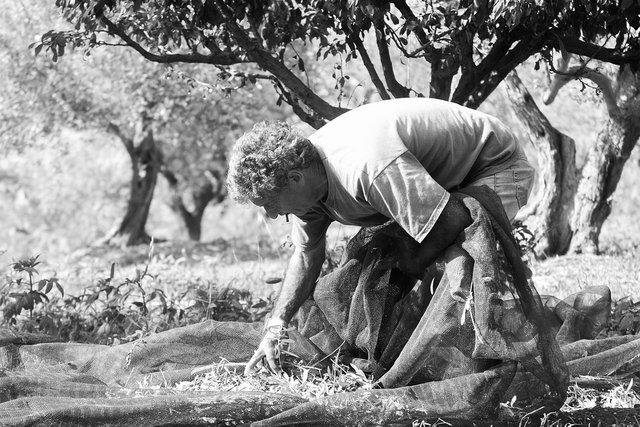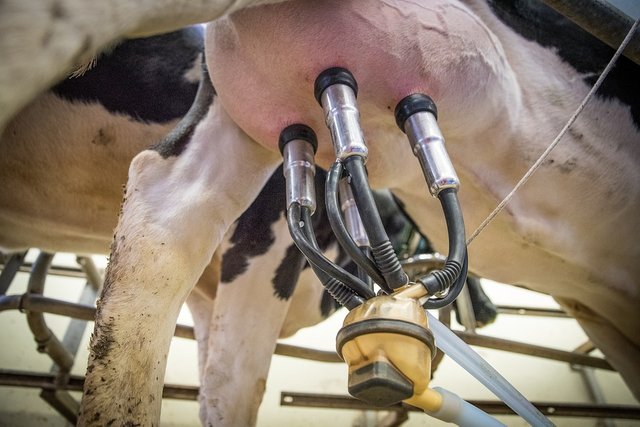Startup ideas
In recent years, unexpected changes have occurred in the agribusiness sector, which have caused in the management of this type of organizations a series of circumstances that they have had to face such as; the existence of a segregation with the staff, also called cognitive dissonance, in which there is no correspondence with the ethical platform of the organization, noting that there are few that have it.

Thematic development
It is important to note that agribusiness occupies a dominant position in the industry, according to the reports of the World Agribusiness Forum, where it has been shown that in the latter, in low-income countries, it represents up to 50% of the industrial sector, with the contribution of agribusiness to the total industry being 61% in agriculture-based countries, 42% in transformation countries and 37% in urbanized developing countries.
In addition to the above data, a mitigating factor is that in the agribusiness sector there is no level of self-appreciation as a basis for workers; it is important to emphasize that they belong to the interest group of any organization, therefore, they continue to work under obsolete structural schemes.
In this sense, the reality described in the previous paragraphs raises the interest of analyzing organizational social responsibility as a competitive advantage in agribusinesses, from the perspective of a different approach to the various socioeconomic circumstances that are distinguished at present, for which it is evident, little motivation on the part of these organizations for the implementation of this new business concept, the level of ignorance about the advantages of identification and positioning.

Closing of the theme
The non-application of social responsibility strategies in agribusinesses, in addition to the segregation with the personnel, causes the following aspects: little potential value as a reference against the competitive sector, loss of commitment and possible exemptions by the tax system, which may benefit the companies dedicated to such purposes, as well as the disarticulation of the objectives, values and duties established in the genesis of the company, in terms of environmental, social and governance factors.
Key words: organizational, agribusiness, personnel segregation.


The social responsibility strategies that agribusinesses can bring to their businesses can certainly decrease the chances of diminishing the competitive potential of these companies.
Greetings and thank you for your valuable contribution.
Downvoting a post can decrease pending rewards and make it less visible. Common reasons:
Submit
@carlos84, in the South Lake Zone - Venezuela is a clear example of the negative impact that labor segregation has on the low yields of agribusinesses. Thanks for reading my post.
Downvoting a post can decrease pending rewards and make it less visible. Common reasons:
Submit
It is important to analyze and evaluate the aspects that are intrinsic in agricultural companies, especially considering the segregating factor of their workers.
Greetings and thank you for your valuable contribution.
Downvoting a post can decrease pending rewards and make it less visible. Common reasons:
Submit
@sandracarrascal , assessing the negative impact of labor segregation gives the farmer or entrepreneur an idea of how to manage his agribusiness in search of high yields. Thanks for reading my post.
Downvoting a post can decrease pending rewards and make it less visible. Common reasons:
Submit
Greetings @alaiza, the high levels of segregation experienced by workers in agribusiness or the countryside are shocking, which is why the social responsibility of organizations should focus their efforts on educating their workers and fostering in them the organizational culture.
Downvoting a post can decrease pending rewards and make it less visible. Common reasons:
Submit
Professor @carlir , social responsibility is a way to decrease the negative impact of labor segregation in agribusiness. Thanks for reading my post.
Downvoting a post can decrease pending rewards and make it less visible. Common reasons:
Submit